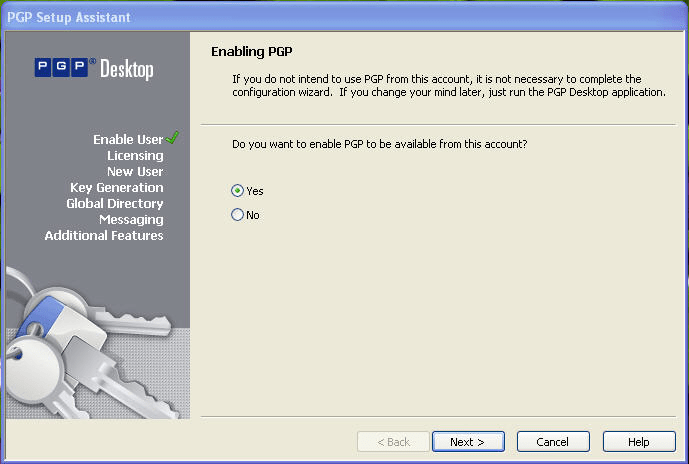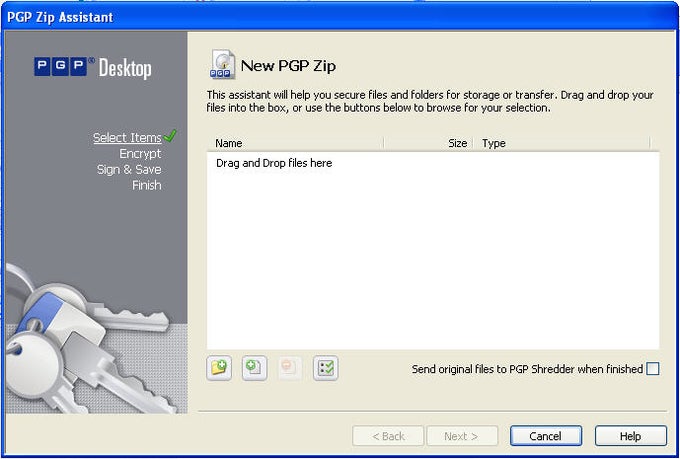
2.2 Generate a public/private key pairįor this step I highly recommend that you use the GUI if you installed one and figure out what to put in the various prompts as most users will generate keys this way. For windows the Kleopatra GUI seems to be more intuitive but that's the opinion of the (non windows based) author.

Feel free to click around the GUIs for the equivalent actions. Note that the last two steps in the Ubuntu installation notes above allow you to generate some randomness required to generate a key which is what we're going to do next.ĭepending on your choices while installing you may get a GUI installed, we shall use the command line which should get installed with all options. $ sudo sed -i -e 's|#HRNGDEVICE=/dev/hwrng|HRNGDEVICE=/dev/urandom|' /etc/default/rng-tools e.g for ubuntu: $ sudo apt-get install gnupg If you are using Linux then use your package manager. Download from any of the following sources depending on your operating system: First we need to install the software, then generate a public/private key pair, as we learned about during lectures. We're going to use PGP to perform encryption. "RTR-GW>" or "mysql>") imply that you are executing commands on remote equipment, or within another program.


3.2.2 Receiving (and importing) the key of another group (so you can encrypt.


 0 kommentar(er)
0 kommentar(er)
